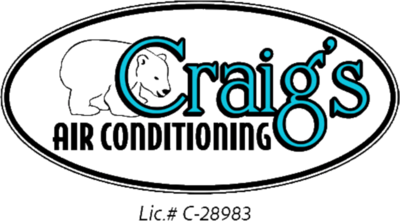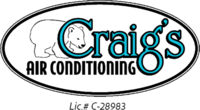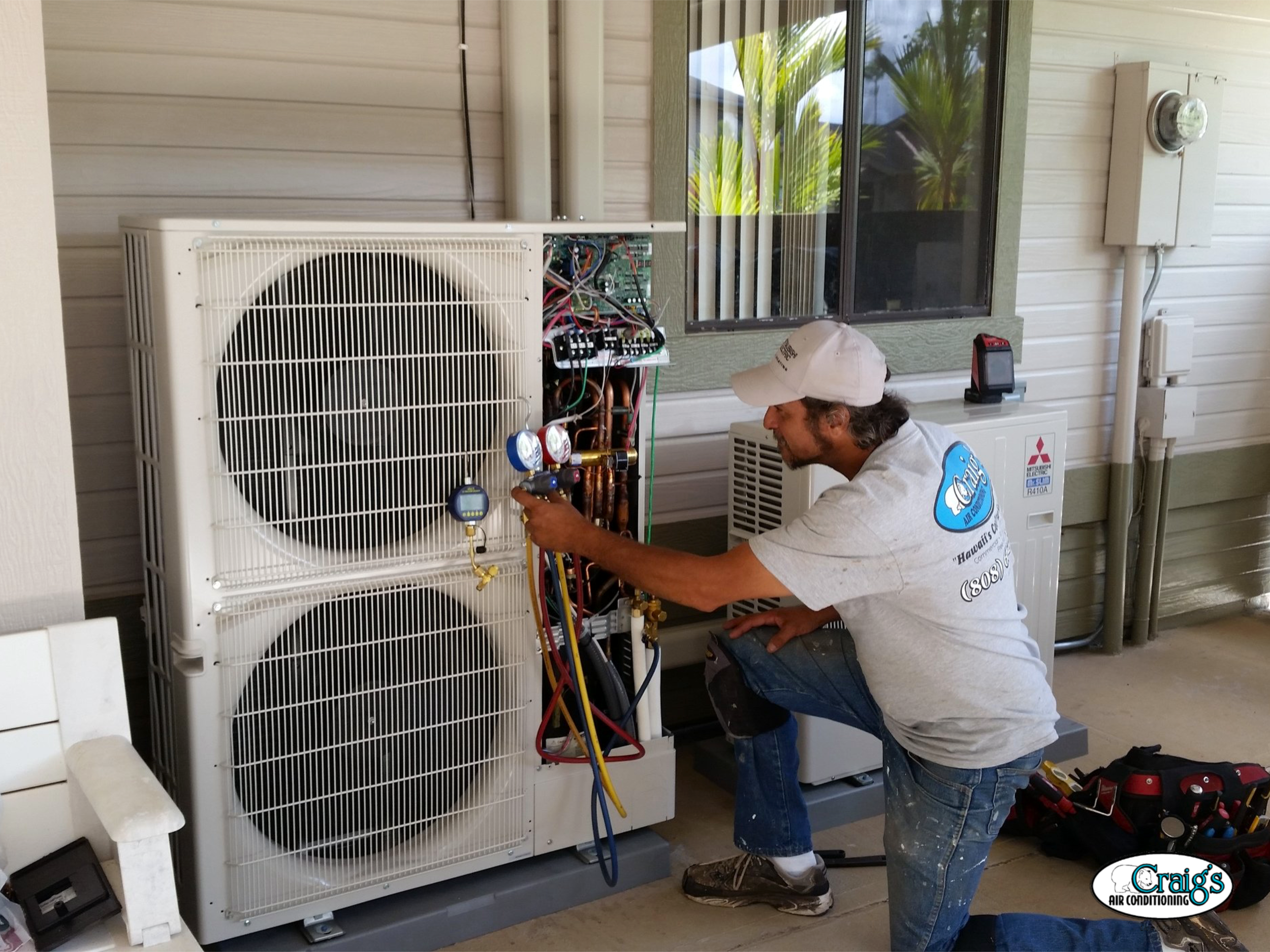Why is My Air Conditioner Not Turning On?
When your air conditioner refuses to turn on, especially during the warm Hawaiian months, it can be a major inconvenience. There are several potential reasons why your AC might not be powering up. Understanding these possibilities can help you troubleshoot the problem and get your system running smoothly again.
Below, we’ve expanded on some of the most common causes, providing you with a comprehensive guide to diagnosing the issue.
DIY Solutions for When Your Air Conditioner Won’t Turn On
These DIY or at-home solutions are quick fixes that you might be able to handle yourself. If these don’t work, it may suggest a more serious issue that likely requires professional help.
Check the Thermostat or Remote Control
One of the simplest reasons your air conditioner might not turn on is due to issues with the thermostat or remote control:
Dead Batteries: Start by replacing the batteries in your thermostat or remote control. If the batteries are dead, the thermostat won’t be able to signal the AC unit to turn on.
Incorrect Settings: Ensure that your thermostat is set to “cool” and that the temperature is set lower than the current room temperature. Sometimes, the settings might have been accidentally changed to “heat” or “fan” mode.
Malfunctioning Thermostat: If replacing the batteries doesn’t help, the thermostat itself might be faulty. A malfunctioning thermostat may not properly communicate with your AC system, preventing it from turning on.
Inspect the Circuit Breaker
Electrical issues are a common reason for an air conditioner not turning on:
Tripped Circuit Breaker: The circuit breaker might have tripped due to an electrical overload. To check, go to your home’s breaker panel and see if the switch for the AC unit is in the "OFF" position. If it is, reset it by flipping it back to "ON". This should restore power to your AC unit.
Blown Fuse: Some AC units have fuses located in the disconnect box outside near the condenser unit. If a fuse has blown, the system won’t receive power. Replacing a blown fuse may solve the issue.
Test the Air Filter
Believe it or not, a dirty air filter can cause your AC to malfunction.
If the air filter is clogged with dust and debris, it can restrict airflow, causing the system to overheat and shut down. Inspect the filter and replace it if it appears dirty. Regular maintenance of the air filter can prevent this issue.
Examine the Power Supply
Sometimes the issue could be as simple as a disrupted power supply:
Power Cord Issues: Check if the AC unit’s power cord is properly plugged into the outlet. Sometimes, the cord can be accidentally unplugged, especially if it’s in a high-traffic area.
Faulty Outlet: The outlet itself could be faulty. Try plugging another device into the same outlet to see if it’s working. If the outlet isn’t providing power, you might need to call an electrician.
Check the Condensate Drain Line
Air conditioners generate condensation, which is usually expelled through a drain line. If this line is blocked, it can trigger a safety switch that prevents the AC from turning on.
Check for blockages in the condensate drain line. If it’s clogged, you might need to clear it out using a wet/dry vacuum or call a professional to ensure it’s properly cleaned.
Professional Solutions for When Your Air Conditioner Won’t Turn On
These solutions are best handled by professionals to ensure safety and proper care of your system. It’s always advised to call a professional when dealing with more complex issues.
Inspect the Capacitor
The capacitor is a crucial component in your AC unit, as it provides the necessary jolt of electricity to start the compressor and fans. If the capacitor is damaged or has failed, the AC unit won’t start. Capacitors can wear out over time and may need to be replaced. You’ll typically need a professional technician to test and replace a faulty capacitor.
As shown in the video above, it’s common for small critters like geckos to get caught in the system and cause damage. This can sometimes lead to the need for a full replacement.
Look at the Compressor and Motor
The compressor and motor are vital for the functioning of your AC system:
Overheating Compressor: If the compressor overheats, it might shut down as a safety precaution. This could happen due to insufficient refrigerant, dirty coils, or high outdoor temperatures. Allow the system to cool down and check for these issues.
Faulty Motor: A worn-out or malfunctioning motor might also prevent the AC from turning on. In such cases, professional repair or replacement of the motor might be necessary.
Check for Refrigerant Issues
Refrigerant is the substance that cools the air in your AC system. If there’s a problem with the refrigerant, your AC might not turn on:
Low Refrigerant Levels: If the refrigerant levels are too low, the AC won’t be able to cool effectively and may not turn on at all. Low refrigerant can be caused by leaks or improper charging. Only a certified technician can check and recharge the refrigerant safely.
Refrigerant Leaks: Leaks can cause a significant drop in refrigerant levels, leading to system shutdowns. If you suspect a leak, it’s important to have it inspected and repaired by a professional.
Consider the AC’s Age
Sometimes, the issue may be that your air conditioner is simply reaching the end of its lifespan.
If your AC unit is over 10-15 years old, it might be time for a replacement. Older systems are more prone to breakdowns and may not be as efficient as newer models.
Professional Help
If you’ve gone through all the basic troubleshooting steps and your air conditioner still won’t turn on, it’s time to call in a professional. Some issues, such as electrical problems, refrigerant leaks, or compressor failures, require specialized knowledge and equipment to fix safely and effectively.
For more detailed troubleshooting tips on common AC problems, be sure to check out our full guide: Troubleshooting Your Air Conditioner: 5 Common AC Issues in Hawaii.






